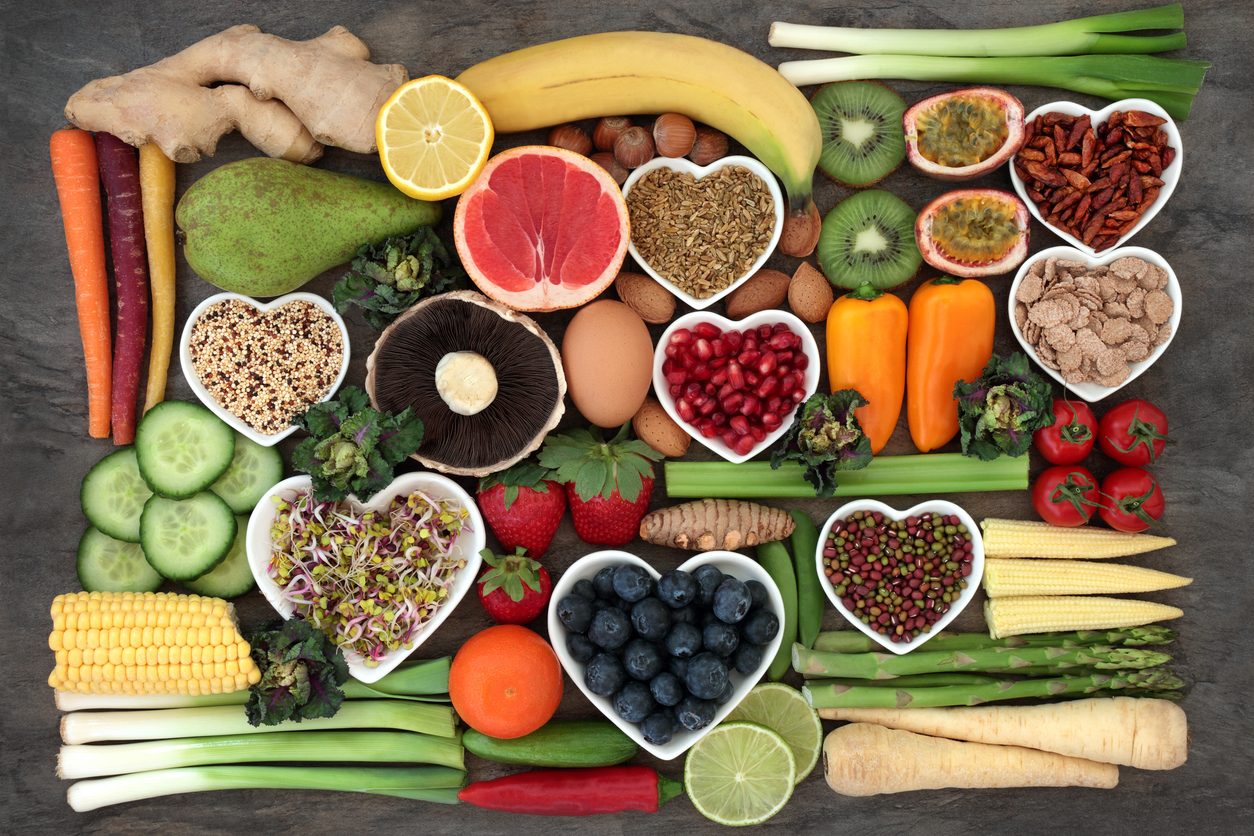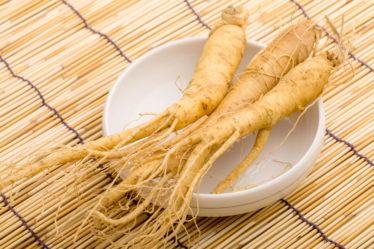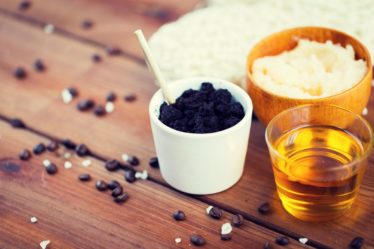
Detox foods can be a valuable aid to our body when we have the need to get rid of accumulated toxins, because of an unregulated and unhealthy diet. Detoxifying and deflating naturally means restoring body balance, getting back into shape and being able to lose weight in a more healthy way.
After a period of overeating or, simply after a period in which a rather disordered diet has been followed (busted schedules, skipped habits, etc.), cleaning and detoxifying the body becomes a necessity to bring everything back “to balance”.
We often confuse detoxifying with fasting, self-convincing that the best way to remedy food “slip ups” is to start following a strict diet regimen. In fact, the solution is quite different: just know how to choose the right foods! In nature, in fact, we find a wide range of foods and herbs with effective detoxifying properties.
The first depurative food par excellence is also the most abundant and easiest to find: water. Drinking at least two liters of water a day is the best way to help the body eliminate accumulated toxins. Many other foods have purifying and detoxifying properties. Let’s look at some of them.
Lemon: it has a high content of vitamin C, which, thanks to its antioxidant power, helps the body to counteract the accumulation of free radicals. Its juice, drunk fresh and fasted in the morning, helps to cleanse the liver. However, since it is an acidic food, it is contraindicated in people who suffer from ulcer or gastritis.
Grapefruit: it is rich in retinol, vitamin C and calcium. Like lemon, it counters free radicals.
Apple: pectin, a fiber contained in apples, is able to increase intestinal mobility and thus promote the cleaning of the digestive system.
Berries: they prevent urinary tract infections. Anthocyanins, vitamin C and organic acids contained in blueberries stimulate the liver in the detoxification process.
Nettle: don’t turn your nose!! Nettle is one of the foods with the greatest detoxifying power. It also has an anti-inflammatory, diuretic and astringent effect.
Taraxacum: rich in minerals and vitamins, it has purifying, diuretic and decongestant properties. Taraxacins, a bitter substance, is responsible for stimulating liver and bile action.
Artichoke: it is rich in magnesium, potassium, folic acid and cinerine, which promotes diuresis. The best therapeutic effect is obtained from the infusion of the outer leaves. The beneficial substances of the artichoke also help liver cells to regenerate. Along with taraxacum, thistle and other “bitter herbs”, it has carminative properties.
Asparagus: it helps to eliminate toxins through diuresis induced by the high presence of water and asparagine. It is rich in folic acid, B vitamins, minerals. Low in calories, it contains a lot of fiber. For those who suffer from kidney stones, moderate consumption is recommended because it is rich in uric acid.
Fennel: rich in fiber and water, it contains very few calories. It has diuretic effect and stimulates intestinal function.
Nuts and dried fruits: these are foods rich in minerals and essential vitamins as well as omega-3, thus proving to be an effective resource for the liver, especially for those who, following a vegan or vegetarian diet, do not eat fish.
In addition to the consumption of the foods mentioned above (and many others we will talk about later), there are some “rules” that, if followed constantly, can help to keep us “clean inside and outside”.
It would be good to try to follow a balanced diet daily, including foods rich in fiber, water, vitamins and to reduce the consumption of red meat, foods rich in salt or sugar.
Prefer cooking methods such as baking or steaming rather than frying, reducing the consumption of oils and fats to the strictly necessary, helps to lighten the workload of the liver and allows to preserve the nutritional properties of foods.
Preferring plant-derived proteins (legumes) over animal-derived proteins also helps, as the former are more easily digestible than the latter.



